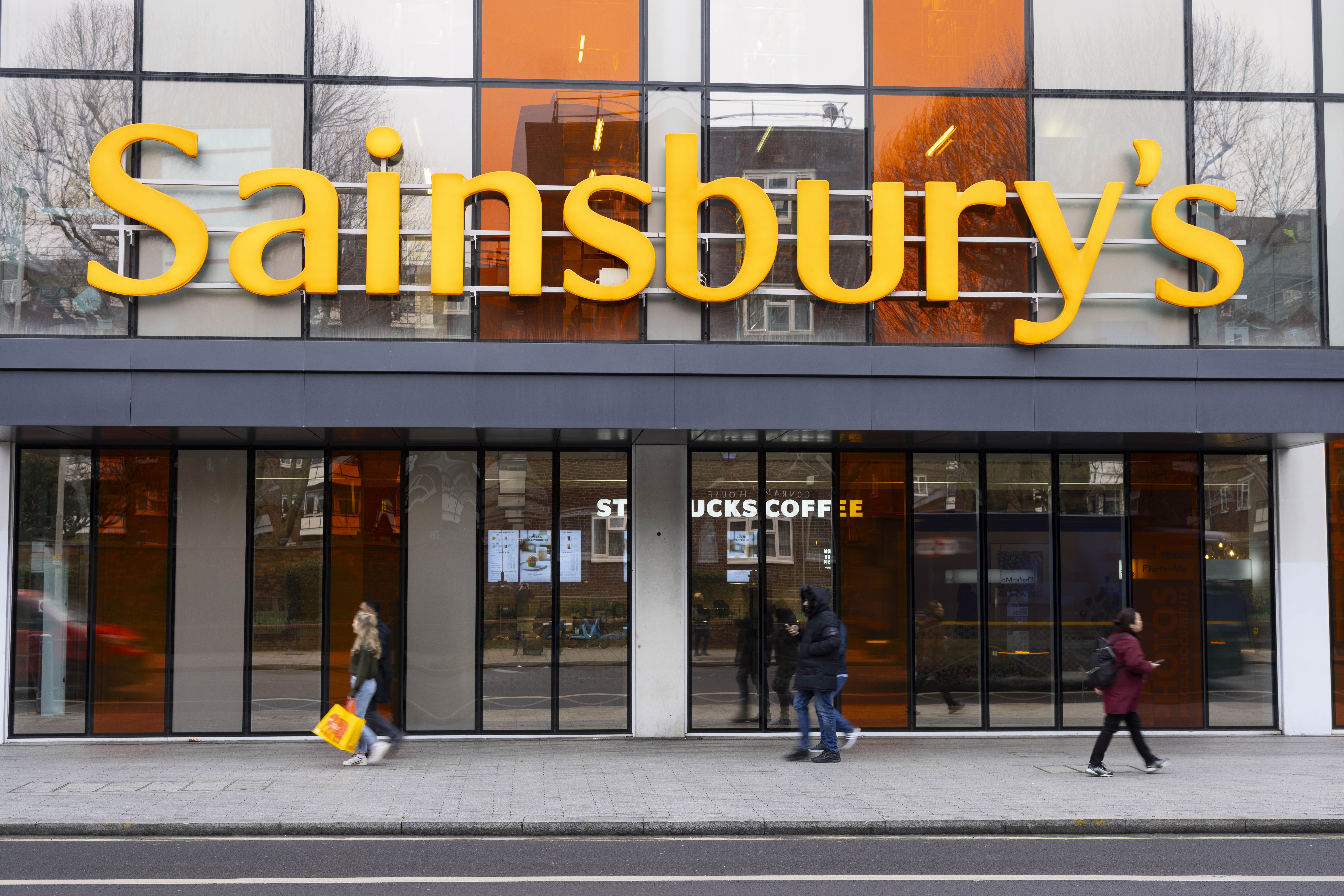Sainsbury’s has announced plans to transform food waste into fuel for 30 of its trucks based at a distribution centre in Bristol.
From next month, the initiative will see biofuel produced directly from the supermarket’s food waste to power the trucks, which make up half of the warehouse fleet.
According to the retailer, the shift from diesel will save more than 3,000 tonnes of carbon dioxide annually, supporting its aim to become net-zero across operations by 2035.
Sainsbury's already works with waste processor RenECO to turn food waste that can’t be donated or used for animal feed into biogas via anaerobic digestion.
Biogas is a renewable energy source produced by the breakdown of organic matter.
Sainsbury's will now use the output of the biogas it has produced with RenECO to create a liquid biofuel suitable for HGVs.
The retailer said that unlike traditional methods that mix certified biomethane with non-renewable gases, this system ensures all fuel comes directly from Sainsbury’s waste.
It added that the system also allows for precise tracking of carbon emission reductions, contributing to Sainsbury’s scope 1 & 2 emission reduction target.
“Today’s announcement underscores the power that collaboration has in driving impactful change across business," said Patrick Dunne, Sainsbury’s director of property, procurement, and EV ventures. "We are proud to have worked closely with our supplier RenCo to deliver a pioneering move that supports our commitment to circularity and helps us to take a further step towards becoming net zero across our operations by 2035.”
The move comes after Sainsbury's last year committed to reducing its absolute scope 1 and 2 emissions by 68 per cent by 2030. It also pledged to cut its scope 3 emissions associated with energy, industry, and transport by more than 50 per cent.
In 2020, Sainsbury’s became one of the first UK retailers to set Science Based Targets initiative (SBTi) targets.
SBTi is the global body that sets requirements for and approves emission reduction targets.
At the time, Sainsbury's announced plans to invest £1 billion towards making its operations emit a ‘net zero’ of emissions by 2040.
Latest News
-
Tesco makes ‘significant strides’ on safety through body worn cameras
-
Flying Tiger Copenhagen appoints new group chief executive
-
Walgreens cuts over 600 jobs after buyout
-
Mango opens first store in Limerick as part of expansion plan
-
eBay and Etsy to buy Depop for $1.2bn
-
REWE opens automated fresh food facility to serve Berlin outlets
Beyond Channels: Redefining retail with Unified Commerce
This Retail Systems fireside chat with Nikki Baird, Vice President, Strategy & Product at Aptos will explore how unified commerce strategies enable retailers to tear down these barriers and unlock new levels of operational agility and customer satisfaction.
The future of self-checkout: Building a system that works for consumers and retailers
In this webinar, industry leaders discussed what the future of self-checkout looks like and how retailers can make the technology work for everyone.
© 2024 Perspective Publishing Privacy & Cookies




 (1).jpg)





Recent Stories